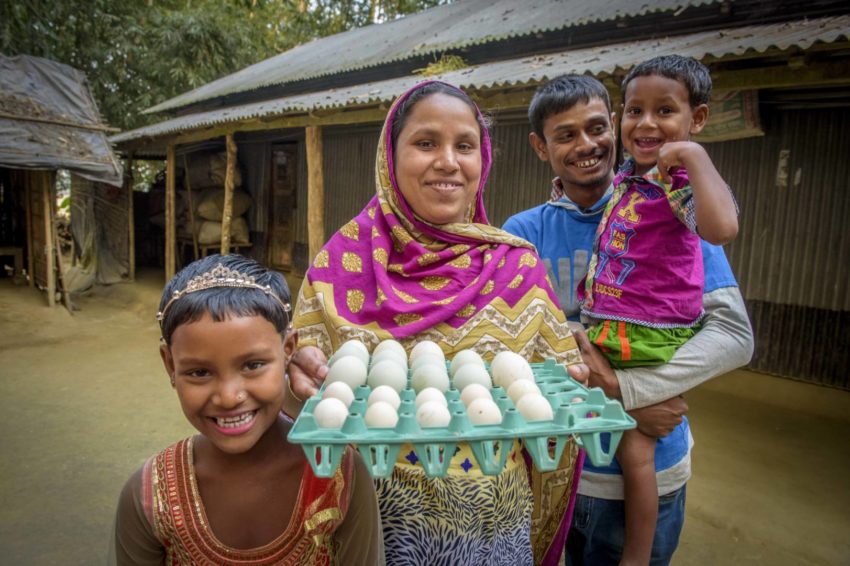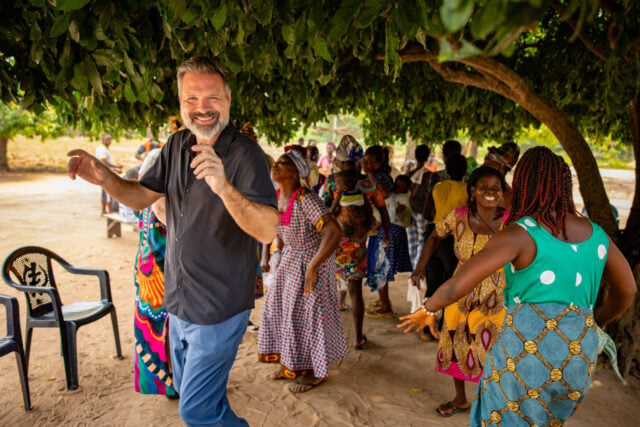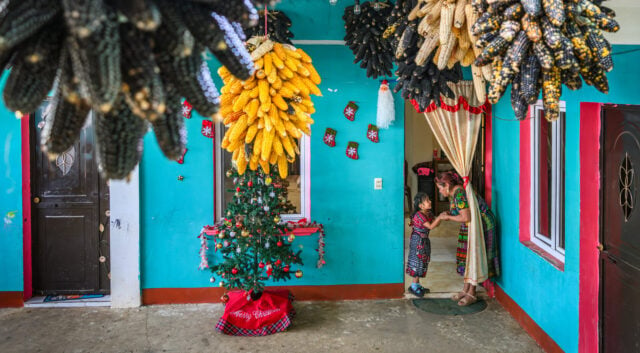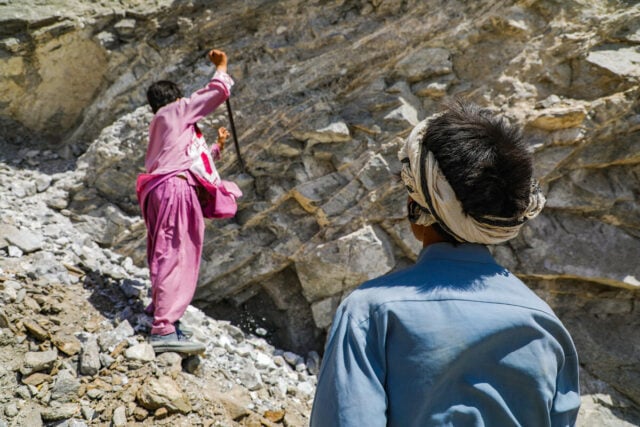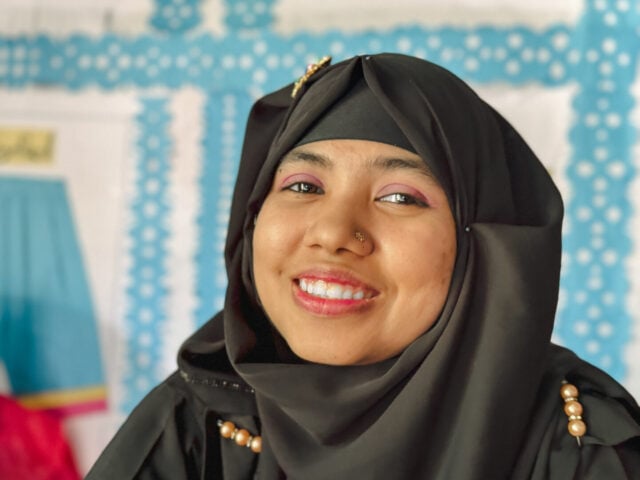A couple years ago, Sonali Akter and her family visited the hospital where her grandmother was having surgery. The flurry of activity and machines was a new world for the young girl.
But something else caught little Sonali’s attention. There, the wide-eyed girl saw women working as doctors.
“It was surprising,” Sonali, now 8, says. “It encouraged me to want to be a doctor. I would like to do surgeries and give medicine.”
In a country where less than half of children attend high school, Sonali’s experience had given birth to a seemingly impossible dream.
Hard times
A medical career, however, felt like a long shot, given the family’s poverty, which was so deep that they were the laughingstock of their small community of near Mymensingh, a city about 70 miles north of Bangladesh’s capital city, Dhaka.
Sonali’s father, Shohel Miah, was only able to get work about half the month as a day laborer. Earning only 200 takas—about US$2.48—a day, the 30-year-old man struggled to support his family of four. People would ridicule him for not being “man enough” to support his family. “Because I was poor and I was not earning a lot, people avoided me,” he says.
Sonali’s mom, Mahfuza, 26, hoped for a change too. Her children went hungry. She knew animals would supply eggs and milk, but the chickens and goats she raised would sicken and die.
A poor diet was affecting her daughter. “Sonali could not talk well,” she says. “She was a slow learner and had a speech problem.”
When Sonali and her brother, Maruf Islam, now 4, would ask for things like clothes or school supplies, Mahfuza couldn’t afford them.
Mahfuza felt helpless and frustrated, knowing there were things her children needed that she was powerless to provide. “I felt I was a bad mom,” she says. “I was sad for that, and I thought if I could get them what they were asking for, I would be the happiest mom in the world.”
Ridicule from neighbors and others in the community compounded her distress.
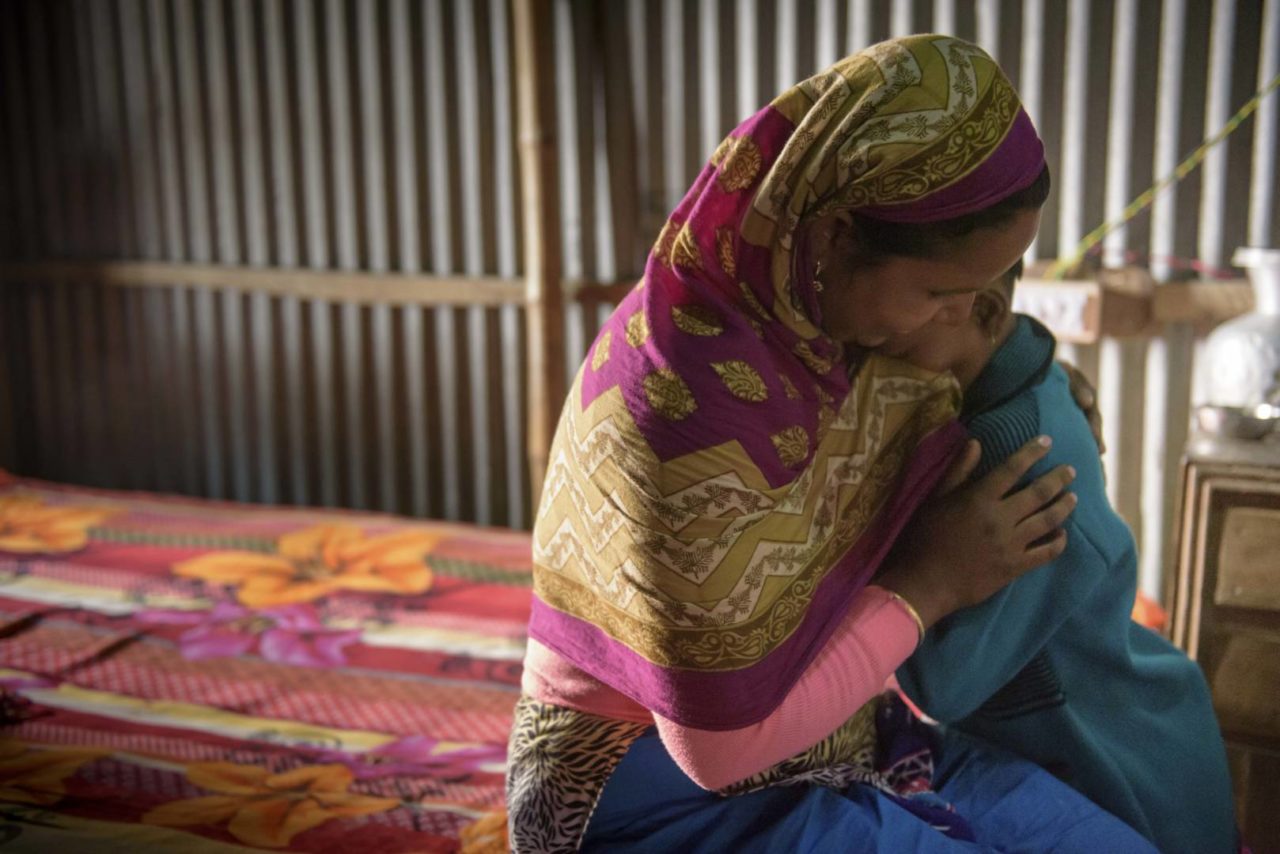
Sonali could sense her parents’ struggles. Mahfuza remembers that her daughter would try to cheer her up, saying, “Mom, don’t be sad. When I’m educated and get a good job, I will give you money, and I will buy you everything.”
New opportunities
In late 2012, World Vision identified Sonali’s need, and she became a sponsored child. Through sponsorship, she received a bed net to protect her from mosquito-borne diseases, as well as a blanket, school supplies, and other necessities. Finally, Shohel says, “I felt encouraged.”
The support was welcome, but the family needed more—and they weren’t alone. Fortunately, help was on the horizon. In 2013, World Vision had started the Sundor Jibon (“Nice Life”) project, designed to reduce child malnutrition and increase family income and assets.
Sonali’s family was chosen to receive goats and chickens. But the animals weren’t just handed over: To ensure success, families were required to attend training classes about animal rearing and breeding.
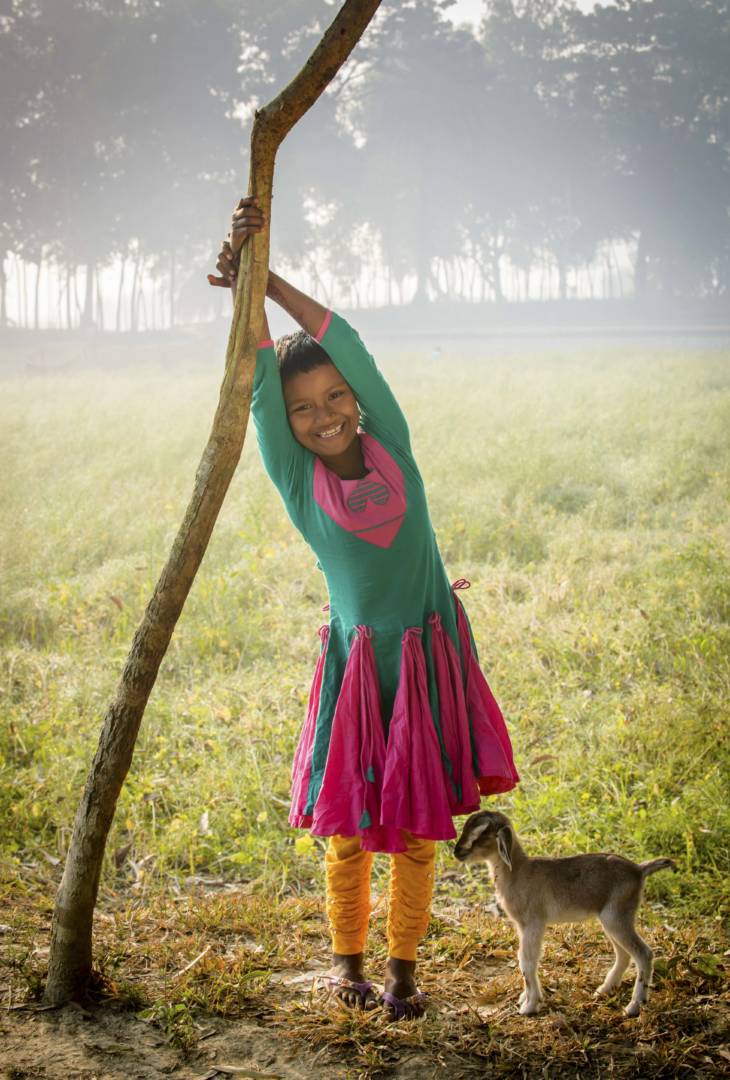
World Vision determined that families throughout the area equally struggled with raising their livestock. As a result, child malnutrition was widespread, with only about 1 in 10 households regularly eating foods from four or more food groups. Across Bangladesh, nearly half of children are stunted physically due to a lack of proper nutrition.
Sonali was among the children who suffered before her sponsorship.
Now, Sonali shines as bright as her name, which means “golden”.
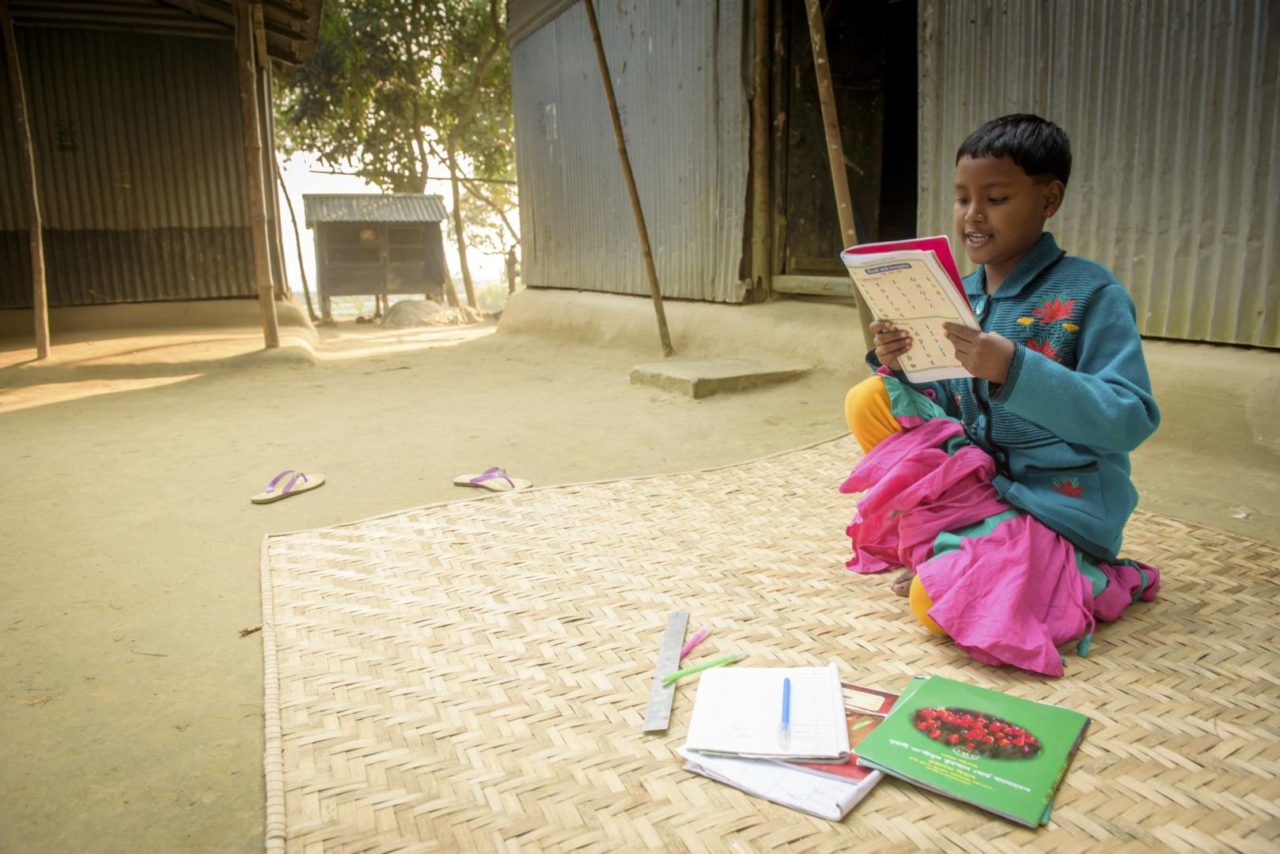
Shohel says, “Now I feel I have a good life, and the community people honor me, and they try to talk to me. Before, I felt I was isolated, but now I feel I am included in the society.” Mahfuza agrees. “I’m not hearing anymore the bad or mean things the people were saying earlier,” she says. “People are encouraging me and saying I am in good hands and earning for my children.”
Sagor says the program has also resulted in changes in how men in the community view and treat women. He says there has been a decrease in domestic violence, and men are more respectful toward their wives.
Thanks to sponsorship, Sonali is healthy and thriving in school. Her parents plan to do all they can to make her dream a reality. Says Mahfuza, “I dream now that if World Vision walks beside me, I can continue Sonali’s schooling so Sonali can become a doctor.”
